"Birds of a feather Flock together"
The scaffolding behind a literary work can appear baffling to the non-writer. Authors need each other for support, inspiration and sometimes for collaboration. Only our fellow scribblers truly understand our obsession with plot holes, narrative structure and character development. Writers need to be able to put aside their fear of competition and intellectual theft and reach out to their peers. They need to find the confidence to ask each other for help and find the time and energy to offer mutual support. It’s a foolhardy and ego-centric writer who believes they can create a masterpiece in complete isolation, negotiate the complex world of publishing alone – and retain their sanity.
In the mid 19th century, Charlotte Brontë and Elizabeth Gaskell exchanged candid views on literature and publishing and shared artistic and professional concerns. Charlotte also acted as a sounding board for her friend’s literary ideas. Wilkie Collins and Charles Dickens were friends for over twenty years and collaborated on short stories.
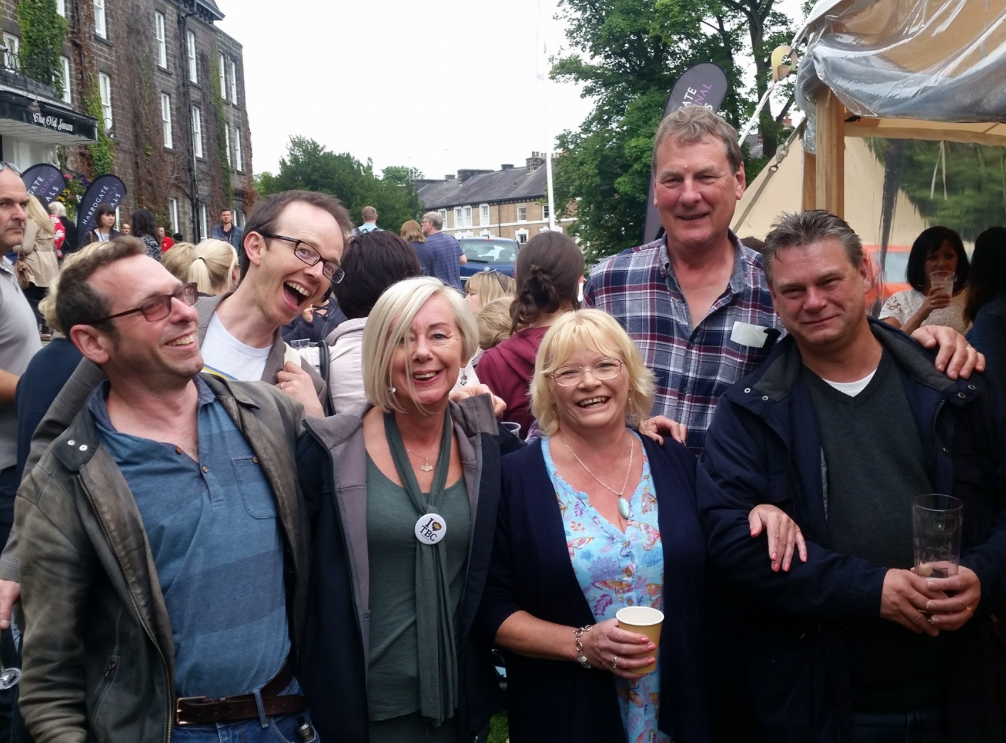 With friends and fellow- authors at The Theakstones' Crime Festival, Harrogate.
With friends and fellow- authors at The Theakstones' Crime Festival, Harrogate. At the moment, three of my best writing buddies are reading the manuscript of my seventh book. A fourth friend, who owns a horse, has already looked over every scene where my police officers are on horseback. The girls will come back to me with an honest evaluation of the novel’s strengths and weaknesses before I submit it to my publishers for official editing. I’ve sold over 350,000 copies of my books in the last five years but still feel I need their validation. These girls are all successful Historical and Crime Fiction writers in their own right and they are my rocks. I couldn’t have done any of it without their support. And this relationship works both ways; I’m always happy to take time out from my own writing to help them.
Most unpublished, aspiring authors start off with the local writing group for peer support. It can be a beneficial experience and many writers make life-long friends through these groups but it can also have drawbacks. It depends on the group. The other writers there might not understand or appreciate your genre – and you might not like theirs. My local group leader wrote erotica and another member wrote gruesome crime novels, full of horrific murder and graphic rape scenes. While I appreciated the constructive criticism they gave me, I squirmed with discomfort when it was time to listen to their latest chapters.
A far better approach is to join an online writing group and pick and choose what you want to do and whom you want to know. I met three of my best writing friends through the now-defunct online writers’ community, Authonomy. We exchanged many emails then arranged to meet up face-to-face and became good personal friends who holiday together. They’d just started out like me and our careers have grown together. Most online writing groups also offer a critique section, and although it’s time-consuming to read and critique other people’s work, the payback is huge if you get involved. I feel I learned more about the writers’ craft from the other members of Authonomy than I would ever have learned from a master’s degree in Creative Writing. Thanks to the advice I received, I adjusted the opening chapters of my debut novel and found my first publisher.
The fellow authors in your first publishing house are another great source of writerly friends. Some publishers actively encourage their authors to get to know each other and set up a community forum where they can share news of promotions and ask each other for help. Unfortunately, my own first publisher was a paranoid crook who discouraged any form of communication between her authors in case we found out the truth about her operation. Desperately worried that I’d made a huge mistake, I contacted several of them anyway. They felt exactly the same as me and we formed a tight-knit group which helped us to deal with her and our disappointment. Eventually, we worked together to get her to release us from our contracts and return the publishing rights of our novels. We’ve remained good friends ever since – and she’s gone out of business.
My miserable first experience of the publishing world highlights another reason why writers can’t survive in isolation. Publishing is one of the most corrupt businesses on the planet. There’s plenty of sharks out there who prey on the naïvety and desperation of aspiring authors. There’s safety in numbers and genuine consolation available if your publisher folds and disappears into the ether with your royalties. Most authors have had at least one bad experience like this.
But, on a more positive note, when all your scribbling works out and your precious stories start to sell, writing for a living is still the best, most rewarding job in the world. Writers really do live the dream.
Provided, that is, you’ve got some mates by your side.

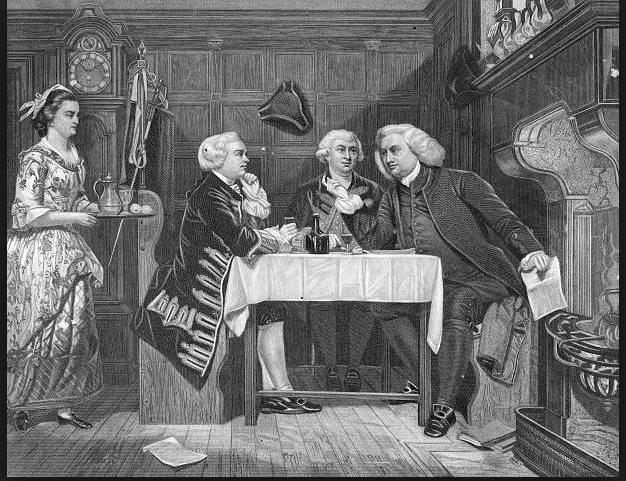
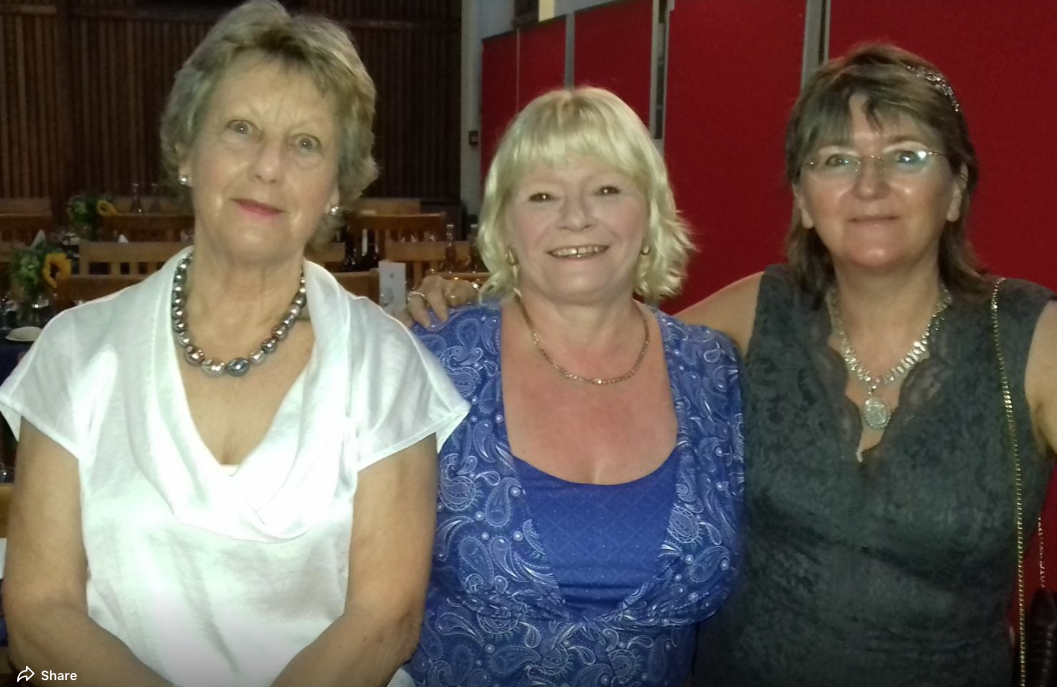
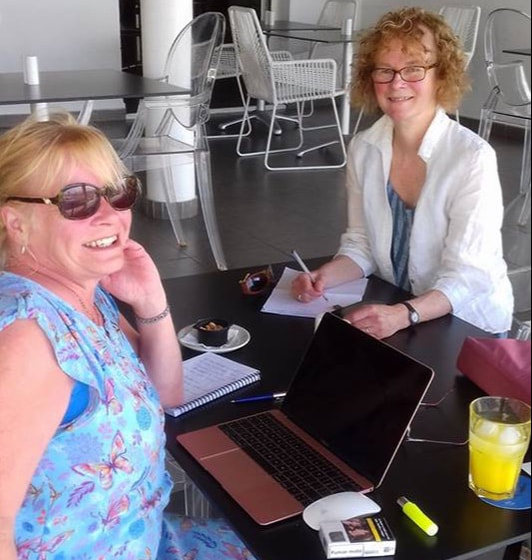
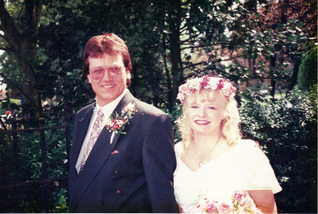
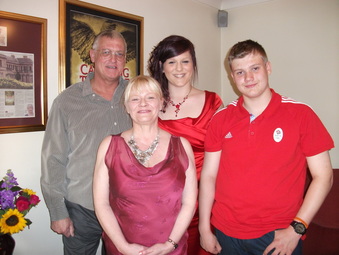
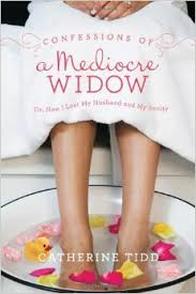
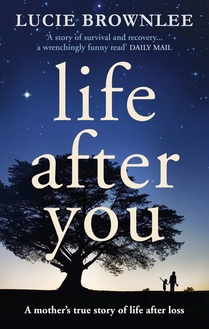
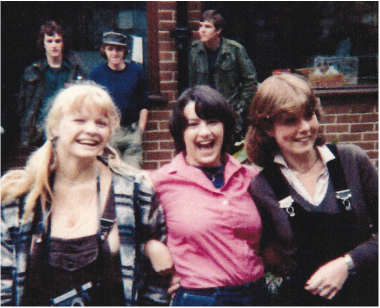
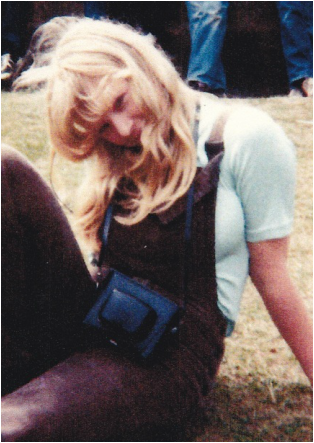
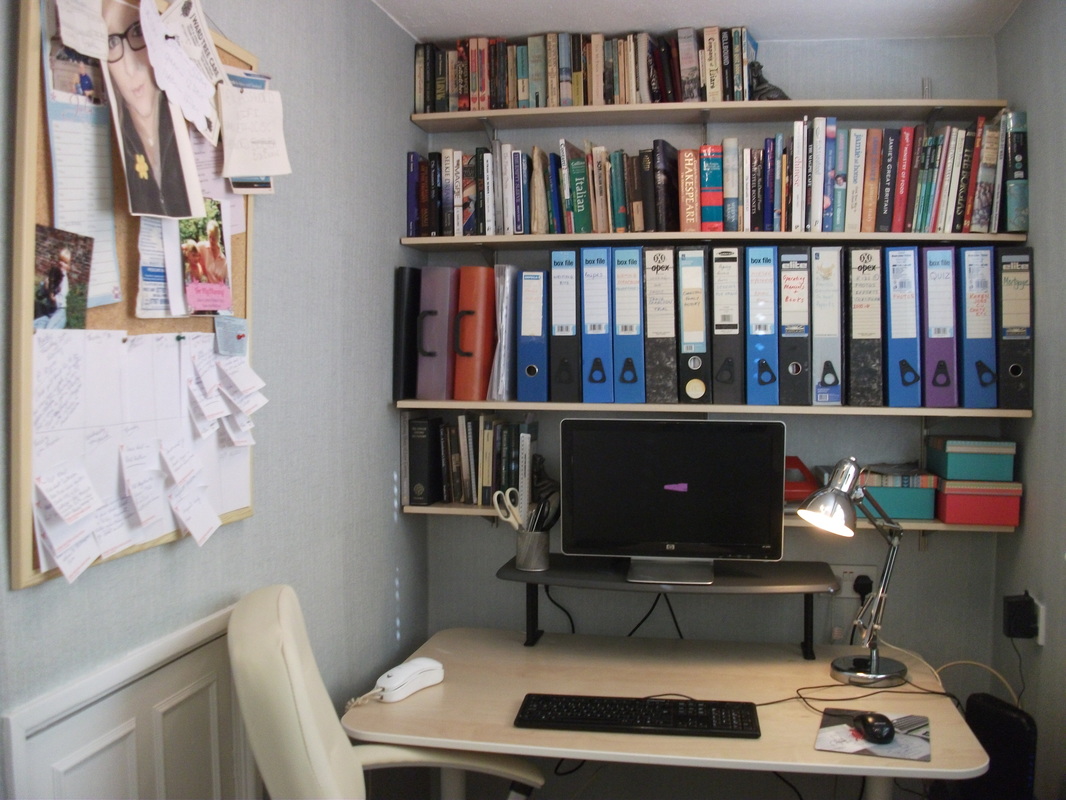
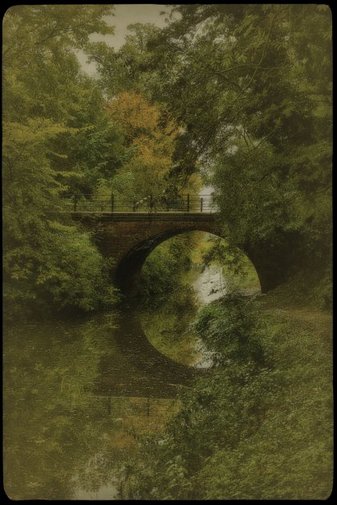

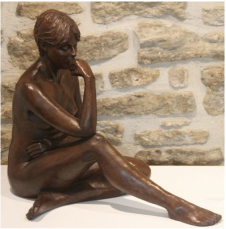

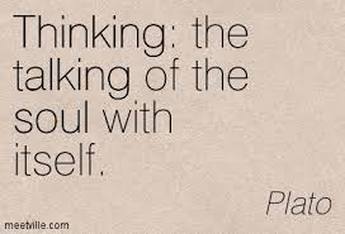
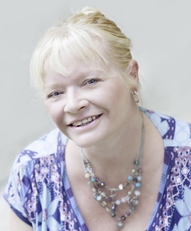
 RSS Feed
RSS Feed